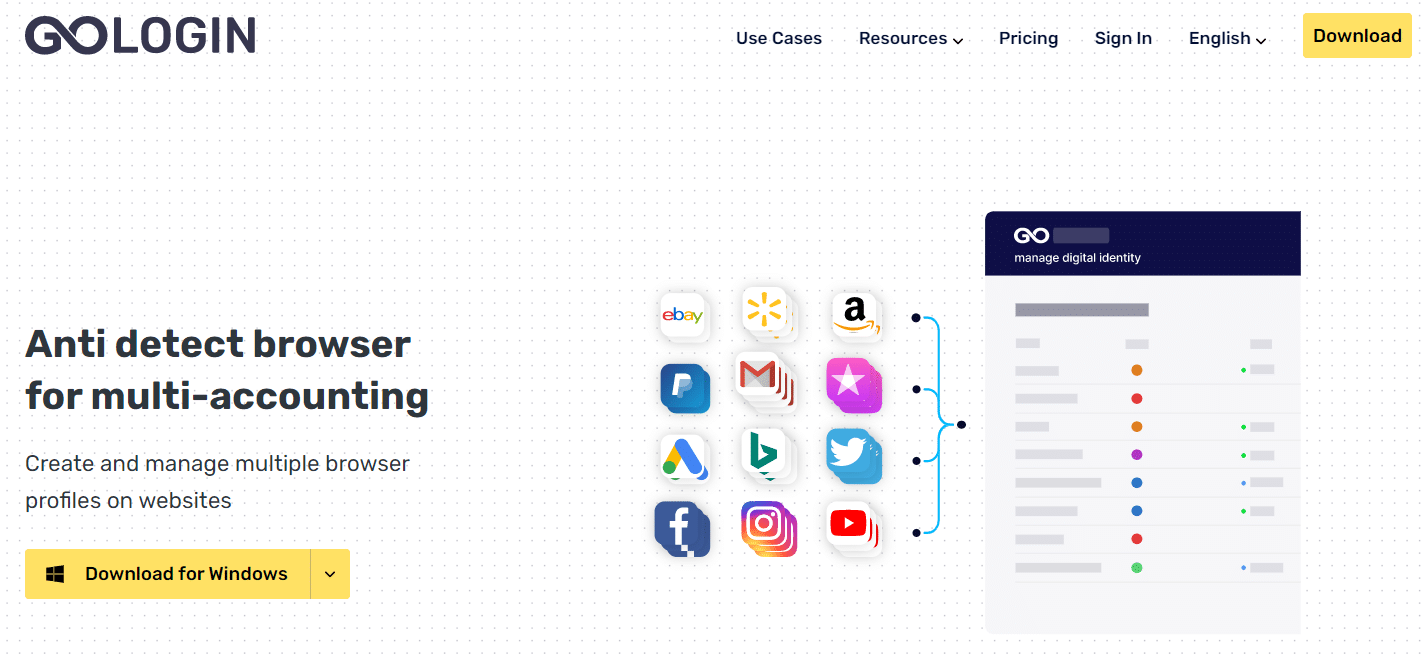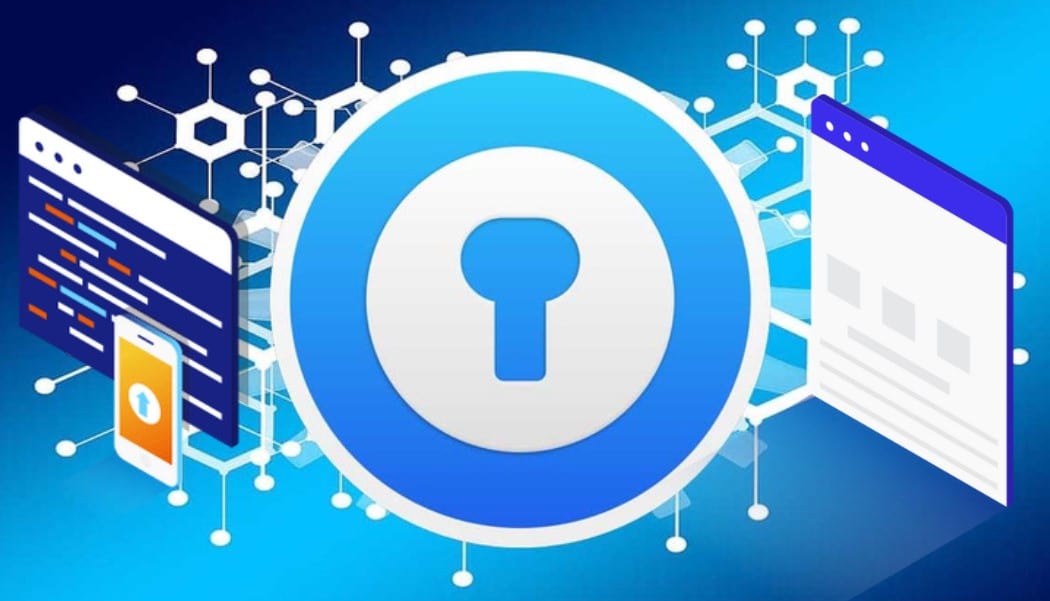When you use any browser on the Net, you leave a digital fingerprint. That happens because all the browsers have special scripts to collect information about their users and protect against scamming, fraud, and bots.
These scripts can detect your timezone, search preferences, default language, and many other things. In addition, they allow identifying you among thousands of other users.
We provide you with 3 helpful tips on diminishing your digital fingerprint and preventing the large part of detection in this article. So, continue reading.
What Is Online Fingerprinting?
Online fingerprinting is also known as browser or device fingerprinting, and it involves all tracking techniques used to collect your personal information. Many websites use them because your digital fingerprint, if you do not take any measures to reduce it, is pretty apparent and sufficient.
Websites use scripts that can identify who you are, what kind of device you are using, and what you are using it for. All this data makes up your unique fingerprint that can be traced back.
It’s fantastic, but scripts can detect your operating system and software installed on your device, the screen resolution and depths of colors, all plugins and extensions, and technical specifications about your video card, graphics, drivers, etc. These details can help identify you among millions of users and billions of devices with 95-99% accuracy.
You can check the uniqueness of your digital fingerprint by using special online tools, such as, for example, AmIUnique, to see how much data you leave on the Net.
Why Is Digital Fingerprinting Used?

Web tracking is an efficient tool most websites use to protect themselves against scams and bots. However, many online companies make use of the information they collect. It helps them advertise to you and make this advertisement personalized.
This may not seem a rather serious issue. However, the company that tracks your digital footprint can resell this information to fraudsters and hackers, so all your data is endangered.
You may get into trouble if a lot of sensitive information is apparent in your browsing history. This information can be used by financial criminals, unrespectable insurance companies, curious authority representatives, your Internet service providers, and unfair marketers. You will never know who else is using your data and what for.
The simplest example is that, if the traveling company or tourist agency wants to sell its products at a higher price, they are looking for people who live in problematic areas with reduced availability of specific products and services. If you do not have access to all of them, you will be ready to pay more to receive them.
How Does It All Work?
Modern web browsers use built-in software called APIs to collect information. Fingerprinting scripts may look the same as all other scripts your device and browser use. So, if you try to delete all of them, nothing will work properly.
However, fingerprinting scripts gather everything related to your browser settings, technical specifications of your device, or capabilities of audio and video presentation. They can even perform a sort of cross-site tracking that allows them to track your activities across the entire Web and collect the most intimate details about you, for example, shopping and news preferences, search for specific sites, and a wide variety of activities you may want to keep secret.
Fingerprinting nowadays uses many cutting-edge techniques that allow for identifying your preferences with a remarkable degree of accuracy. These techniques involve:
- canvas fingerprinting with the use of the elements of the HTML5 protocol;
- WebGL to make your browser translate the images off-screen;
- device fingerprinting to uncover the list of all your devices with their IPs;
- audio fingerprinting to provide all the information about drivers, hardware, and software.
When you are tracked, the system compiles your intimate profile that can be sold to data brokers who market this information or sell it to dishonest advertisers or even criminals.
3 Tips on How to Hide Your Data on the Web

Digital fingerprinting is a big problem not only for those people who want to conceal something they are doing on the Net but for everybody who does not want to become a victim of a crime. That’s why we offer some tips on how to reduce your digital fingerprint on the Net and feel confident that your sensitive data is reliably protected.
1. Virtual Private Network (VPN)
VPNs are practical tools to secure browsing history and data. All the information is routed through a company-run server faster and more stably. An adequately chosen VPN can provide you with a virtual blanket that completely covers the preferred browser, hiding the search engine data, all the apps you use, and your IP address.
Multiple layers of encryption reliably protect all the details of your using the Net. Finally, all the data is sent encrypted through the tunnel that entirely blocks your identity.
The only thing to consider here is that some, mainly free, VPNs can also track you and collect your information for further selling. So, do some research and choose a VPN provider with no logs. It means that such a provider respects its clients’ privacy and never stores their browsing history or connection data.
2. Secure Browsers
The browser you use needs to be reliable and secure. It is better if this browser is extremely popular among millions of users. The more users the browser has, the more difficult it is to follow a digital fingerprint of them all.
Tor is a secure browser that can enhance your privacy because it has anti-fingerprinting characteristics. They block all the information about operating systems, time zones, and language preferences.
However, Tor does not offer complete anonymity, so you can think about using alternative anti-detect browsers to become invisible on the net. You can also consider using Incognito or private modes.
To boost the browser’s security, you have to disable Flash and JavaScript to prevent the detection of active plugins and fonts, as well as website cookies.
They will be impossible to install on your browser for tracking. Disabling Flash does not change the productivity of your device, though be careful while disabling JavaScript. Some apps may malfunction if you do that.
3. Reload of Plugins and Extensions
You are sure to use different plugins and extensions to facilitate browsing and deeper integration to the services you use every day. However, all these tools help track you, too.
If you use too many extensions, your digital footprint is unique and easier to detect. That is why check whether you need and use all these plugins and delete those you do not utilize anymore. You had better install standalone desktop apps as an alternative.
Disabling or deleting all the plugins completely will do much harm to your device and browsing capacities. However, you do not need to do that. Instead, just reload the tools you are using right now and continually update them to diminish the chances of tracking your browsing history.
Final Thoughts
Remember that web trackers always use the most brand-new techniques to follow your online activities. That is why you should be careful about protecting your browsing history and sensitive data from dishonest intrusions.
It would be better, of course, if you could disappear from the Net completely. Unfortunately, though, it is impossible in this modern digital world, so think about reliable protection. We hope these tips will help you eliminate your digital fingerprint to a greater extent and feel secure online.





